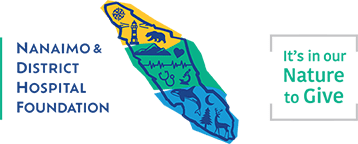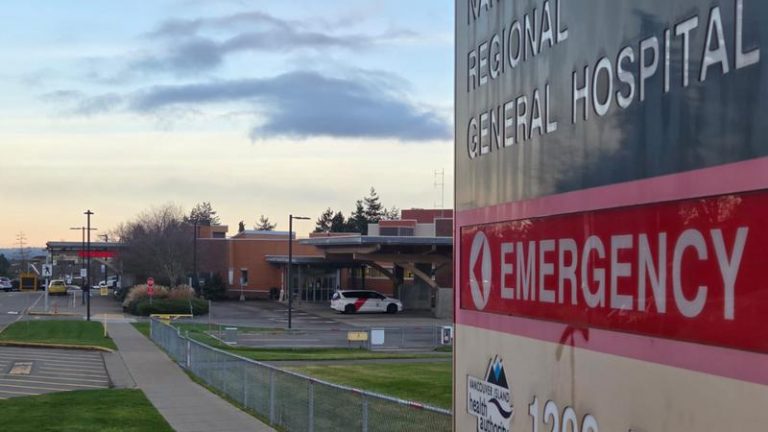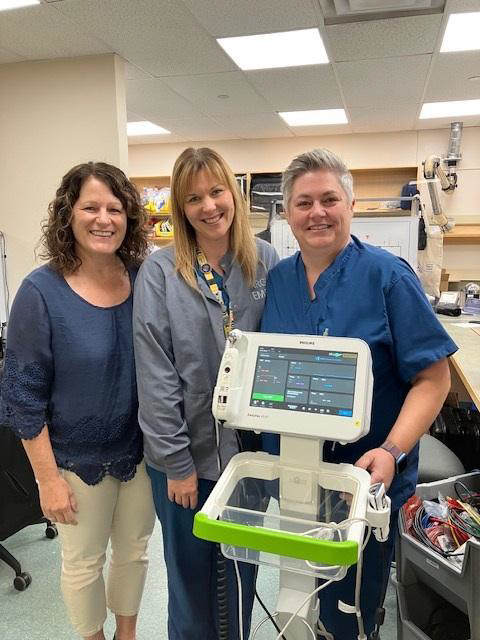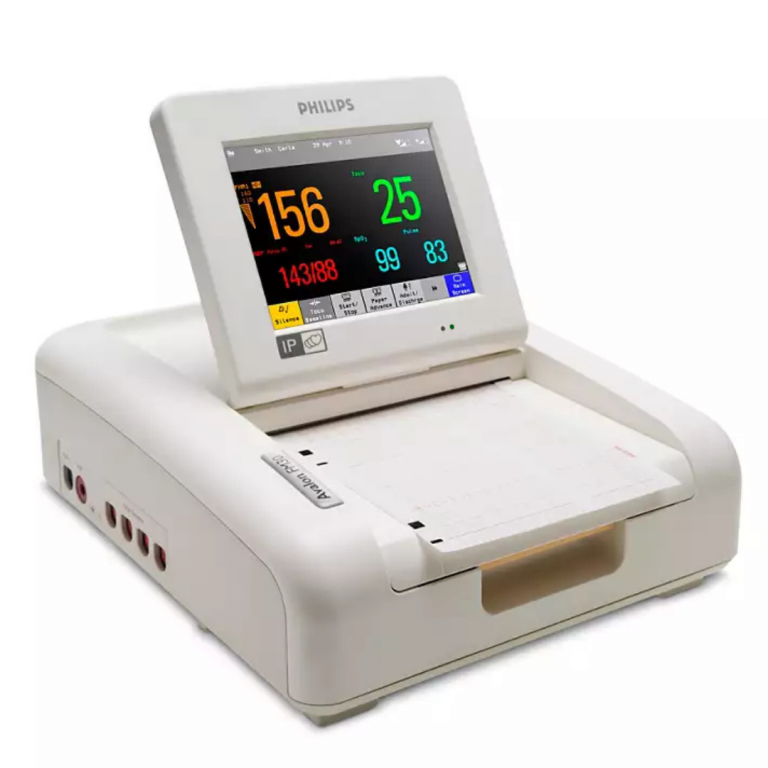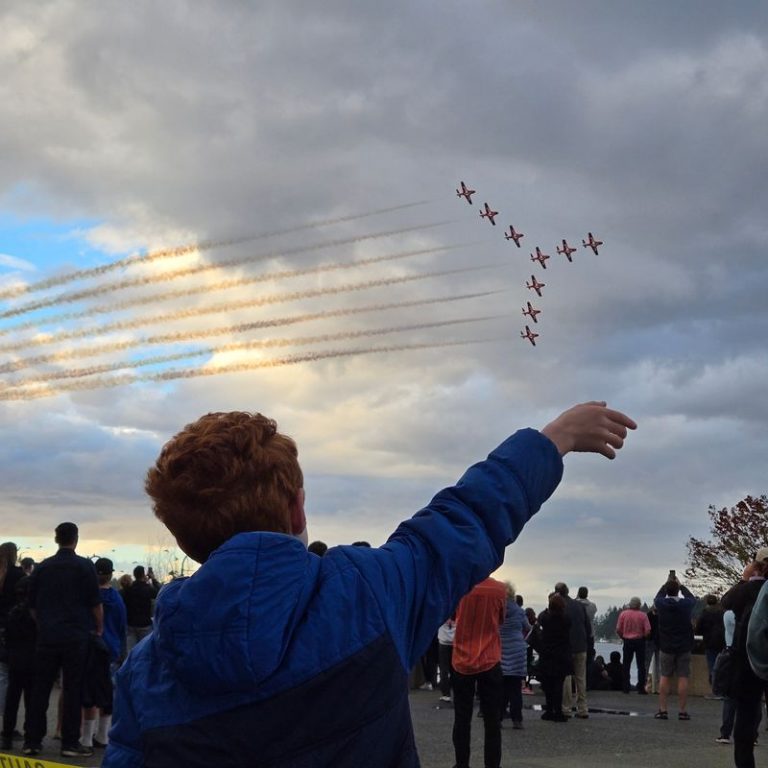Highlighting the Vital Role of Indigenous Liaison Nurses at NRGH
At the Nanaimo Regional General Hospital (NRGH), the role of an Indigenous Liaison Nurse is not just about healthcare—it’s about bridging gaps, advocating for vulnerable patients, and ensuring that cultural sensitivities are respected and integrated into the healthcare experience. Joanne Van Engelsdorp, a Licensed Practical Nurse (LPN) and Indigenous Liaison Nurse, offers invaluable insight into this essential role, which she has embraced for the past four years through her work with the Tillicum Lelum Aboriginal Friendship Centre and Island Health’s Indigenous Health branch.
A Dedicated Advocate and Cultural Bridge
Joanne’s primary role involves acting as an advocate and liaison between the hospital and Indigenous patients, who often come from remote communities across Vancouver Island. Serving approximately 80% of the island’s Indigenous population, Joanne assists patients in accessing health benefits, coordinating discharge plans, and ensuring they receive the care they need. This can range from arranging transportation for patients returning to distant communities to providing culturally appropriate support during their hospital stay.
One of Joanne’s significant responsibilities is facilitating discharge plans, especially for patients from remote areas. For example, she explains how patients from places like Gwawae’nuxw Island face unique challenges, such as a half-hour open boat ride to get home. Joanne helps the hospital staff understand these complexities, ensuring patients are discharged safely and appropriately, whether that means arranging for a longer hospital stay or finding nearby accommodation.
Integrating Spiritual Care with Healthcare
Integrating spiritual care into healthcare is crucial for Indigenous patients, addressing their mental, physical, emotional, and spiritual well-being. Joanne acknowledges the challenges in providing holistic care but highlights the support from the hospital’s spiritual health practitioners.
Key Services and Emotional Support
Joanne’s services extend beyond medical advocacy; she offers emotional and mental support, connects families, and helps access non-insured health benefits. She shares poignant examples of how small gestures, like providing a cedar branch to a patient with COVID-19, can bring comfort and dignity to those who have faced trauma. Joanne also refers patients to community programs and other practitioners, ensuring they receive comprehensive support.
Challenges and Advocacy
Indigenous patients often face significant challenges within the healthcare system, including systemic racism and a lack of culturally safe care. Joanne emphasizes the importance of cultural safety training for all healthcare staff to address these issues. She advocates for mandatory training to ensure that all staff understand the historical and cultural contexts of Indigenous patients, fostering an environment of respect and dignity.
Gathering Space: A Place of Comfort and Tradition
The Gathering Space Room at NRGH has become a vital resource for Indigenous patients and their families. This space it’s meant for all people of all traditions and religions. Opened in 2020, this space allows for traditional practices, such as smudging, and provides a gathering place for families during critical moments. Joanne describes the room’s significance, from hosting large family gatherings to making end-of-life decisions in a culturally appropriate manner. It has also served as a space for healing and addressing patient care concerns, offering a platform for Indigenous voices to be heard.
Discharge Planning and Communication
Effective discharge planning is crucial, especially for patients returning to remote communities. Joanne’s experience as a home care nurse informs her approach, ensuring that patients are discharged safely and in a manner that respects their wishes and cultural context. She works closely with healthcare teams to address unique challenges, from ensuring patients have the necessary equipment to respecting their rights to live at risk if they choose.
Addressing Systemic Challenges
Joanne advocates for a trauma-informed approach to patient care, educating staff on the importance of culturally sensitive practices. By building trust and fostering understanding, Joanne works to bridge the gap between Indigenous communities and the healthcare system, ensuring that all patients receive respectful and equitable care.
Conclusion
Joanne Van Engelsdorp’s work as an Indigenous Liaison Nurse at NRGH exemplifies the critical role of advocacy, cultural sensitivity, and comprehensive care for Indigenous patients. Through her dedication and expertise, Joanne not only supports the health and well-being of her patients but also helps to create a more inclusive and respectful healthcare environment. Her story is a testament to the importance of integrating cultural competence into healthcare practices, ensuring that all patients receive the dignity and care they deserve.
Learn more about San’yas Indigenous Cultural Safety Online Training (sanyas.ca)
